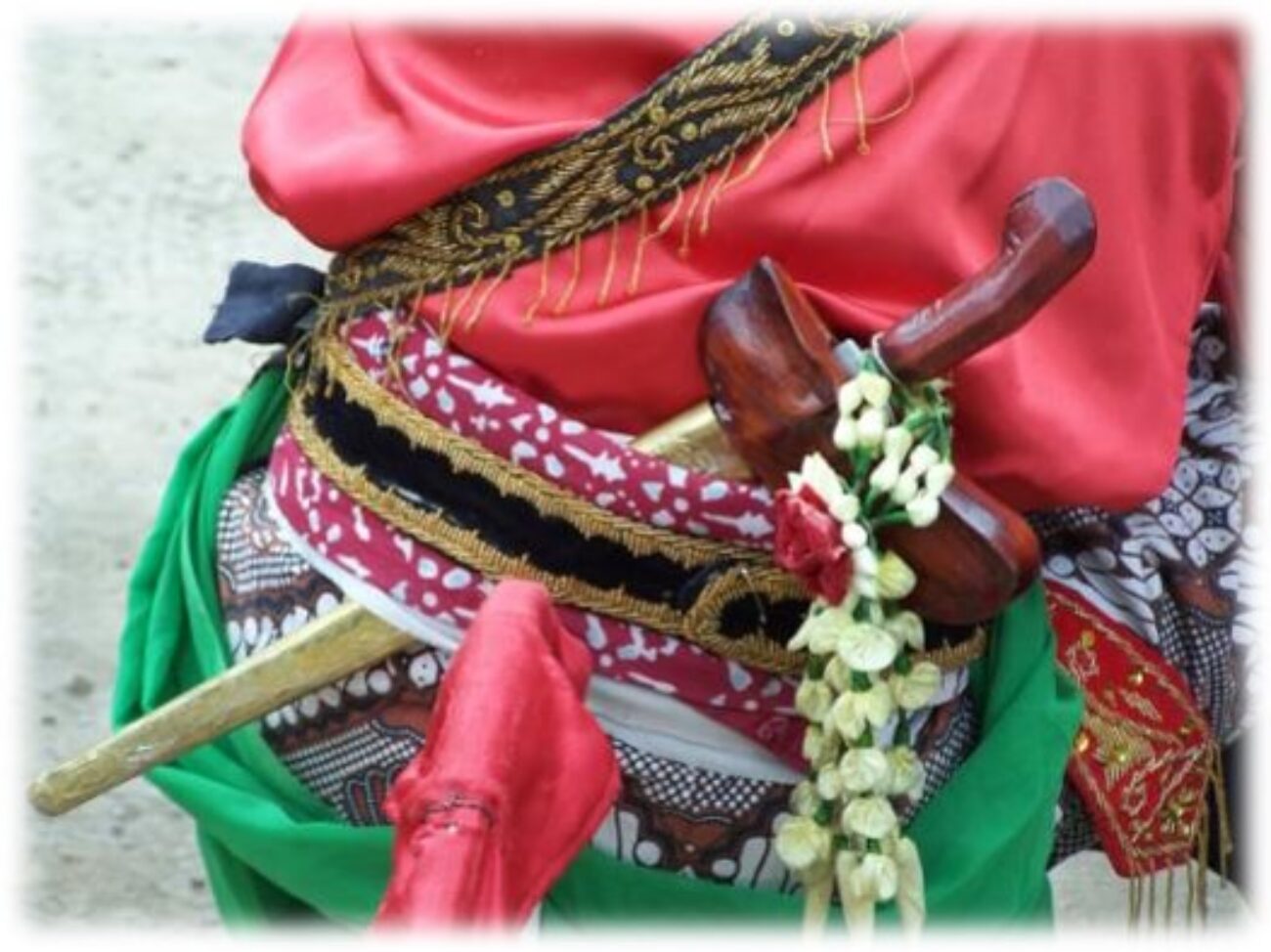This e-learning course has emerged from a research project funded by the Arts and Humanities Research Council and the UK Government Department for Digital, Culture, Media and Sport’s (DCMS) exploring climate change adaptation and cultural heritage.
What’s the project called?
CRITICAL: Cultural Heritage Risk and Impact Tools for Integrated and Collaborative Learning
Watch this short video to learn more about the CRITICAL project.
Who is part of the team?
Our team includes researchers in Sri Lanka, South Africa, Scotland and Indonesia!
The team at the University of Edinburgh, UK, includes Dr Kate Donovan, Dr Rowan Jackson and Dr Younghwa Cha.
In South Africa, research examining food heritage and vulnerability is being led by Prof Siona O’Connell and Ms Dominque Wnuczek-Lobaczewski from the University of Pretoria.
In Sri Lanka, Dr Dulma Karunarathna is working on traditional climate change adaptation.
In Indonesia Dr Arry Retnowati and Ms Esti Anantasari from the Universitas Gadja Mada are examining cultural landscapes and natural hazards.
We represent communities from all over the world and hope to share our understanding of the relationship between cultural heritage, disasters and climate change.
Why is it important to understand risk?
There is an urgent need to support the world’s most vulnerable populations to adapt and thrive to rapid environmental change. Understanding climate change and disaster risk is the fundamental first step towards building resilience. This involves understanding both the hazard but also the people and assets exposed to that hazard.
Why should we care about cultural heritage and risk?
Cultural Heritage shapes our identity, delivers capacities and exposes vulnerabilities yet cultural value and vulnerability are missing from conventional risk assessments that support sustainable development and growth. Fundamentally, this means that the things that motivate people, build their resilience and in some cases make them susceptible to hazards is missing from decisions about adaptation and emergency management.
Understanding the vulnerability and value of cultural heritage (e.g. beliefs, buildings, and traditions) is vital to building resilience globally.
What are we doing?
We are working in partnership across Indonesia, South Africa, and Sri Lanka to combine heritage management, cultural geography and climate risk research to form a community of practice focused on Low and Middle Income Countries (LMICs). Our diverse team aim to identify and develop interdisciplinary methods to capture the ‘invisible’ vulnerability and value of heritage and incorporate this within risk assessment.
Crucially, this project will collate and share diverse experiences, knowledge and skills to build a portfolio of pilot case studies from the three LMICs on cultural value for climate and disaster risk assessment and management.
The project will finish in early summer 2022 but we will update the course as new learning emerges.



Leave a Reply